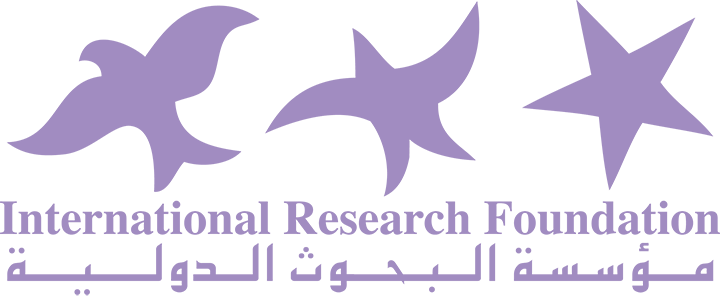ECONOMIC FREEDOM OF THE ARAB WORLD 2006
Economic Freedom of the Arab World Network Meeting 2006
The first Economic Freedom of the Arab World Meeting was held on December 6-7 in Beirut, Lebanon. The meeting was hosted by the IRF, in partnership with The Fraser Institute, MENA-OECD Investment Programme and Friedrich Naumann Foundation’s office in Jordan.
The meeting attracted about 50 participants from the Middle East and the rest of the world. The conference focused on improvement of economic policy in the Arab World as well as reconstruction in Lebanon. Issues such as economic freedom, investment in the Middle East (including Islamic equity investment in the region), public-private partnerships in infrastructure financing, and access to credit and enterprise financing facilities were covered at the conference.
We would like to thank our co-hosts -The Fraser Institute, Friedrich Naumann Foundation in Jordan, and MENA-OECD Investment Programme–without whom this conference would not be possible.
We are immensely grateful to those conference participants who, despite the situation in Beirut at the time of the meeting, decided to attend the meeting and participate in this first regional gathering.
Economic Freedom of the Arab World Awards Ceremony 2006
On the afternoon of December 7, 2006, in conjunction with the Economic Freedom of the Arab World meeting in Beirut, the IRF hosted the second Economic Freedom of the Arab World Awards, based on the Economic Freedom of the Arab World report. Awards were presented to those Arab countries which have highest levels of economic freedom.
Five Arab nations shared this year’s Economic Freedom of the Arab World Awards at an awards ceremony in Beirut, Lebanon, hosted by the International Research Foundation (IRF) of Oman.
Oman was first overall among all Arab nations in economic freedom, which measures the extent to which individuals, families, businesses, and other organizations are free to make economic decisions without government interference. Lebanon, Saudi Arabia, Qatar and Kuwait also won awards in various aspects of economic freedom. The awards are based on the third annual Economic Freedom of the Arab World Report, published by the IRF and The Fraser Institute.
“This is a tremendous achievement for these nations,” said IRF’s CEO Azzan Al Busaidi. “A large body of empirical research shows that economic freedom will open the door for new growth and productivity in these nations.”
Last year, Lebanon and Oman shared top spot. The awards ceremony was part of the first meeting of the Economic Freedom of the Arab World Meeting, co-sponsored by the IRF, The Fraser Institute, the Friedrich Naumann Foundation of Jordan, and the MENA-OECD Investment program.
Due to increased data availability, the Economic Freedom of the Arab World Report measures at least some areas of economic freedom in 22 nations, up from the 16 nations included last year: Algeria, Bahrain, Egypt, Jordan, Kuwait, Lebanon, Libya, Mauritania, Morocco, Oman, Qatar, Saudi Arabia, Syria, Tunisia, the UAE, and Yemen. Comoros, Iraq, Djibouti, Somalia, Sudan, and West Bank and Gaza were added this year.
However, data limitations allowed full ranking only of Algeria, Egypt, Jordan, Kuwait, Lebanon, Morocco, Oman, Saudi Arabia, Syria, Tunisia, UAE, and Yemen. The rankings are entirely based on third party objective data. No subjective judgments are involved.
The report and the full dataset are available at Publications.
Nations are ranked in five areas: size of government; legal structure and security of property rights; access to sound money; freedom to trade internationally, and the regulation of credit, labour, and business. The top performer in each of the sub-categories were:
1) Lean Government Award: Lebanon
This category examines various measures to determine whether the government sector is inappropriately large, crowding out personal choice with government decisions.
2) Commercial and Economic Law and Security of Property Rights Award: Saudi Arabia
This area examines whether laws, primarily dealing with economic and commercial matters, are fairly and transparently applied in a timely manner, and whether property rights and contracting are protected by the rule of law.
3) Sound Money Award: Lebanon
This measures the extent to which a nation’s currency is sound and holds its value over time.
4) Free Trade Award: Qatar
This measures the extent to which businesses and individuals can freely trade with businesses and individuals in other nations.
5) Ease of Doing Business Award: Kuwait
This measures the extent to which the regulatory burden hinders the formation or advancement of businesses, the free movement of labour, and ability to obtain or advance credit.

